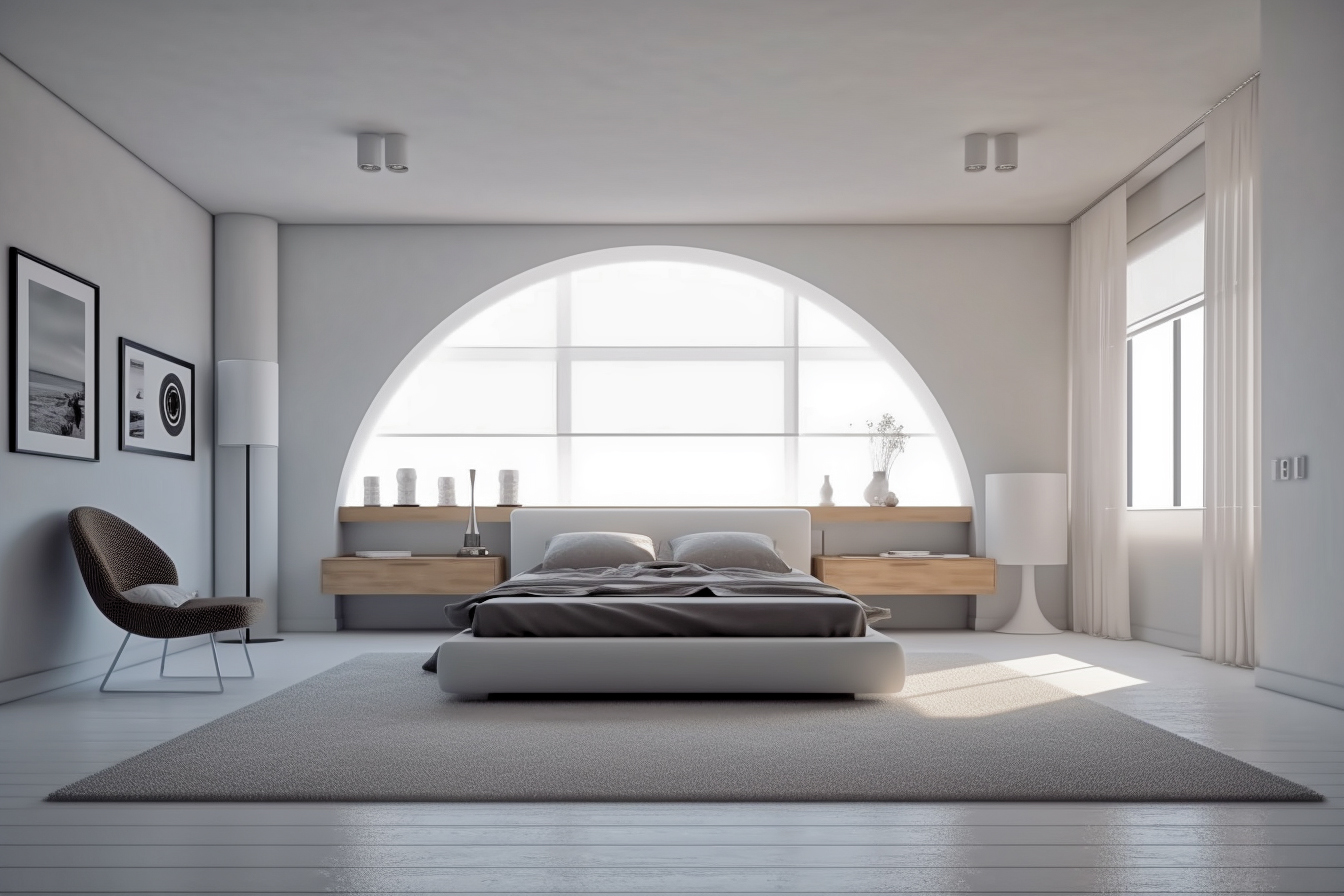In a world consumed by material possessions and a constant drive for more, a quiet revolution is gaining momentum – the minimalist lifestyle. Inspired by a yearning for simplicity and intentionality, minimalism encourages us to focus on what genuinely adds value to our lives.
This post aims to share ten practical minimalist habits that have transformed my life, offering simplicity, peace, and a significant reduction in daily stress. These habits cut across various aspects of daily living, from email management to personal finance, document organization, and decluttering physical and digital spaces. By weaving these habits into your lifestyle, you can cultivate a mindset of ‘less but better,’ leading to a simplified, satisfying existence.
1. Achieve ‘Inbox Zero’
The ‘Inbox Zero’ concept involves maintaining an empty or near-empty email inbox. By ensuring immediate action on incoming emails—replying, delegating, deleting, or archiving—you free up mental space usually bogged down by the digital clutter. Regular email audits and practical email management tools can support you in maintaining a minimalist inbox.
2. Organize Computer Files, Such as Screenshots and Photos
A less obvious but equally chaotic clutter lurks within our digital spaces. Folders with random screenshots, outdated files, or redundant photos contribute to digital disarray. You create a digital environment mirroring physical minimalism by establishing a systematic filing structure, deleting unneeded items, and utilizing cloud storage for necessary files.
3. Establish a Uniform Morning and Night Routine
Introducing uniformity to your morning and night routines enables you to navigate your days and nights with a reduced mental load. A minimalist routine focuses on essential tasks that contribute to your overall well-being. By removing unnecessary decisions from your morning and night routines, you create mental space for meaningful activities and thoughts.
4. Update Your Budget Daily
Financial simplicity serves as a cornerstone of a minimalist lifestyle. Regularly updating your budget promotes an accurate reflection of your financial status, paving the way for informed decisions. Daily budgeting might seem daunting initially, but financial minimalism is achievable and rewarding with various user-friendly budgeting tools available.
5. Store All Important Documents in One Place
Misplaced documents often cause panic and stress. Storing all crucial papers in one central location promotes easy access and eliminates the fear of losing important information. Regularly reviewing these documents and discarding irrelevant ones ensures your essential documents remain streamlined and organized.
6. Discard Items from Your Past That No Longer Serve a Purpose
Personal items often carry emotional weight, making them hard to release. However, things that no longer serve a purpose anchor the past. Identifying and discarding such items create space for the new and eliminates needless emotional clutter. This detachment, though challenging, brings immense peace and satisfaction.
7. Distinguish Between Permanent Items and Those in Transit or Incomplete
Clutter often results from the inability to distinguish between permanent items and those in transit or incomplete. Designating a tray for ‘in transit’ articles allows for immediate decluttering and a clear distinction between the various categories of items in your space. This organization system offers a practical way to manage daily clutter effectively.
8. Reduce the List of People You Follow on Social Media Platforms
The impact of minimalism extends to our digital interactions. Reducing the number of people you follow on social media allows you to cultivate a curated, meaningful digital environment. By focusing on interactions that add value to your life, you significantly reduce digital noise and improve your overall digital experience.
9. Practice Tidying as You Go
In a minimalist lifestyle, tidying plays a crucial role. You maintain a consistently tidy environment by putting items away immediately after use. This continuous tidying habit eliminates the need for dedicated, lengthy cleaning sessions and keeps your spaces inviting and clutter-free.
10. Embrace Doing Less
In the realm of minimalism, less always equals more. This concept extends beyond physical possessions into our daily activities. Embracing the habit of ‘doing less’ means eliminating unnecessary tasks, focusing on meaningful activities, and being content with a slower, more intentional pace. This approach leads to increased focus, better productivity, and improved mental health.
Conclusion
Adopting a minimalist lifestyle goes beyond decluttering your physical space. It is a mindset shift towards intentional living, focusing on what truly matters and eliminating unnecessary distractions. The habits discussed in this article – from ‘Inbox Zero’ to doing less – provide practical, implementable steps towards simplicity and intentionality.
However, remember that the journey to minimalism isn’t a one-size-fits-all path. It involves finding the habits that best resonate with your context and molding them into a lifestyle that enhances your peace, contentment, and purpose. Over time, these minimalist habits will become second nature, seamlessly woven into the fabric of your everyday life.
Moreover, minimalism isn’t about perfection or radical deprivation. It’s about making physical, mental, and emotional space for what truly brings you joy, fulfillment, and growth. It is a continual journey of learning, adapting, and simplifying.
Through these ten minimalist habits, I hope you can experience the peace, freedom, and simplicity of living a minimalist lifestyle. Give them a try. Start small. Embrace the process. And watch as these simple practices usher in a world of calm and clarity amid the chaos of modern life.
